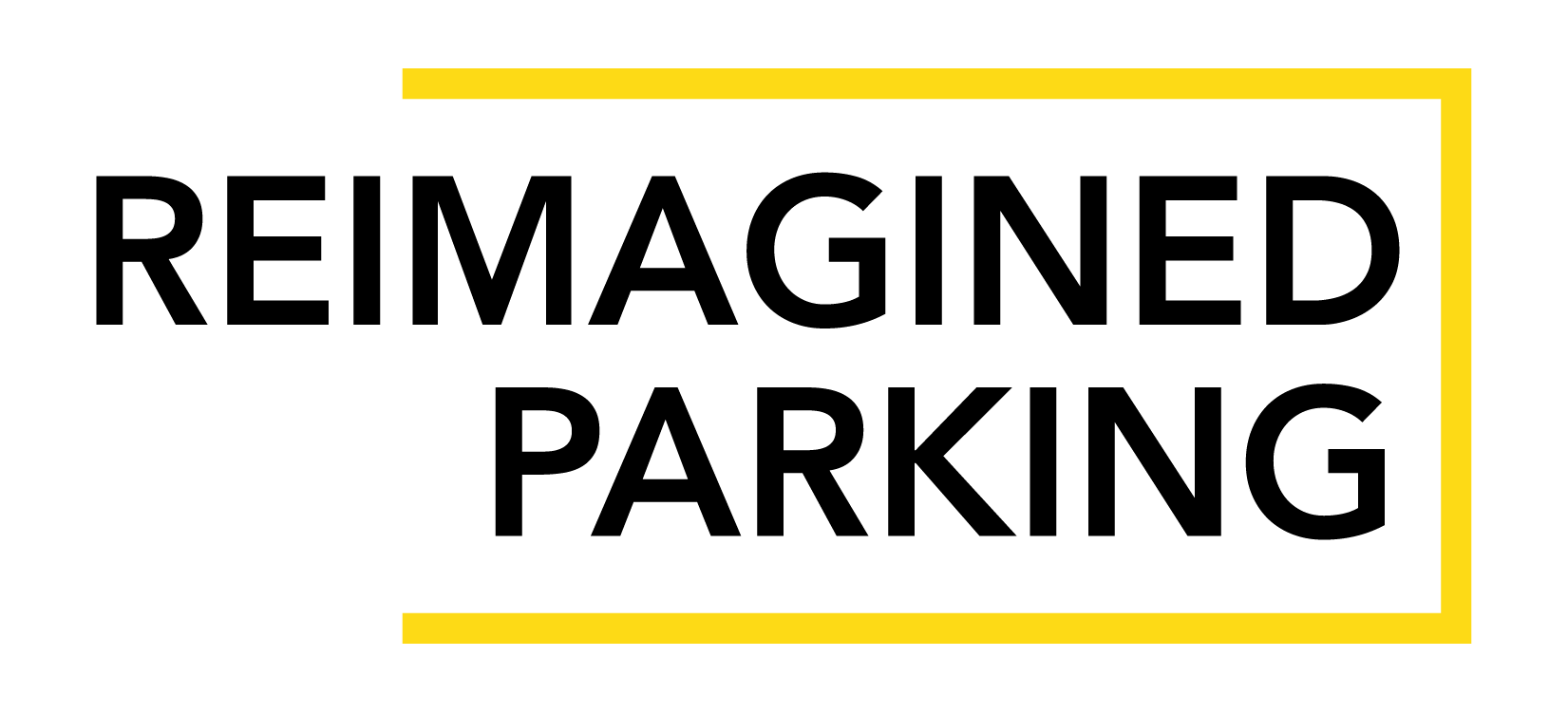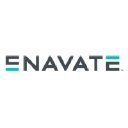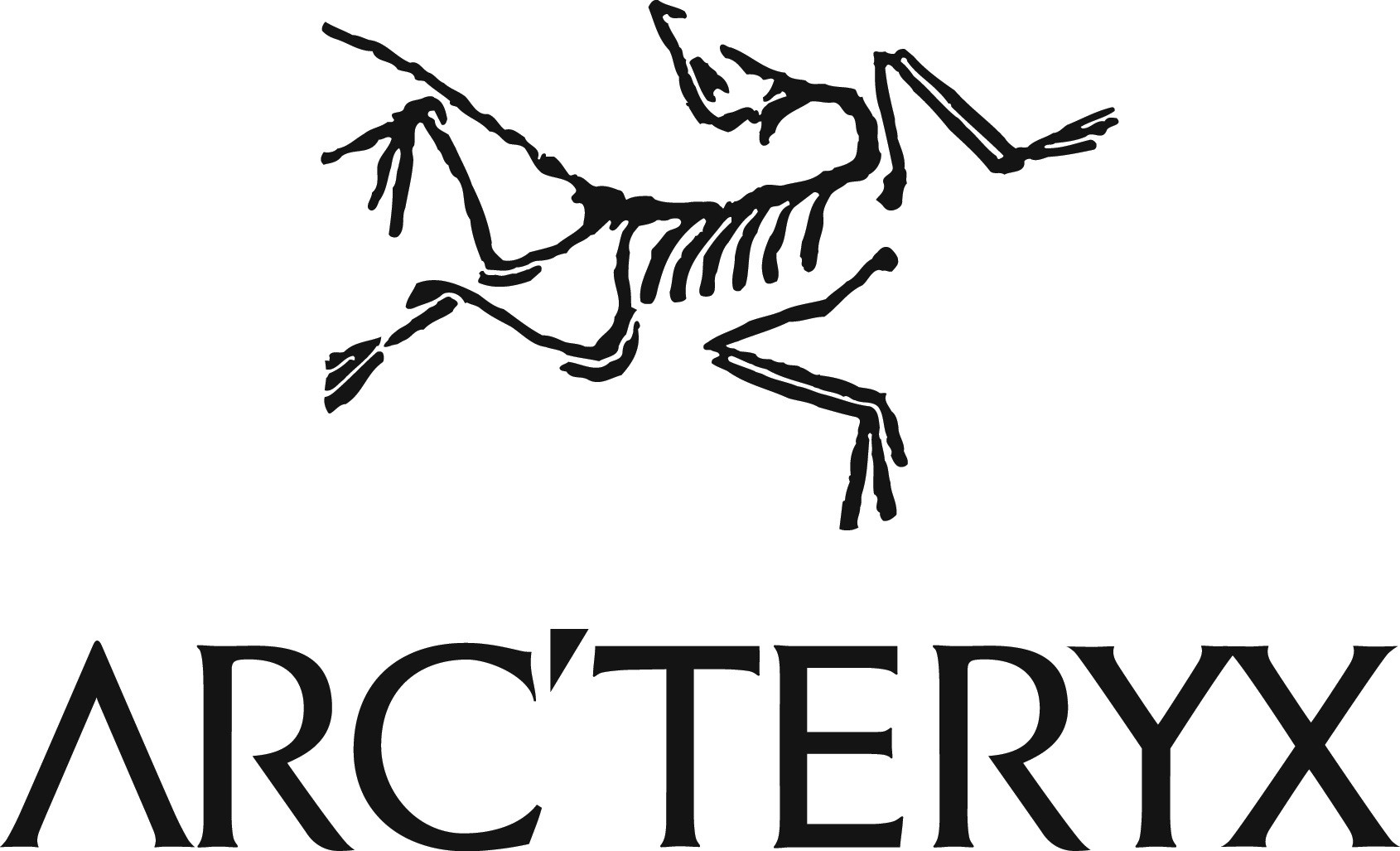Staff - Union Job Category CUPE 116 Job Profile CUPE 116 Salaried - Research Assistant /Technician 3 Job Title Assistant Supervisor Department Research Support | Centre for Comparative Medicine | Animal Care Services Compensation Range $4,757.00 - $5,187.00 CAD Monthly Posting End Date October 3, 2025 Note: Applications will be accepted until 11:59 PM on the Posting End Date. Job End Date Ongoing At UBC, we believe that attracting and sustaining a diverse workforce is key to the successful pursuit of excellence in research, innovation, and learning for all faculty, staff and students. Our commitment to employment equity helps achieve inclusion and fairness, brings rich diversity to UBC as a workplace, and creates the necessary conditions for a rewarding career. Job Summary The Assistant Supervisor works closely with the Supervisor in the Centre for Comparative Medicine (CCM) in day-to-day facility oversight and operations and will be responsible for a team of technicians when the Supervisor is absent or unavailable. The position interacts and liaises with registered veterinary technicians (RVTs), UBC researchers, veterinarians and vendors. The position requires understanding and interpreting the Canadian Council on Animal Care regulations and guidelines (CCAC), which governs the care and use of research animals in Canada. This position will require highly specialized knowledge in animal husbandry for small, large and bio-hazardous animals, in addition to in-depth technical knowledge of equipment. CCM Technicians are responsible for the daily maintenance and care of specific species of large and small laboratory animals. The position requires thorough knowledge of working with animals exposed to hazardous and bio-hazardous agents, and radioactive compounds. Due to the work involving the use of potentially hazardous material, the use of personal protective equipment, annual TB testing, and adherence to strict safety protocols is expected. The Centre for Comparative Medicine (CCM) is a rapidly growing and dynamic environment in which staff partner with researchers from both academia and industry. The research encompasses a broad range of topics from furthering our understanding of basic medical sciences, to enhancing our abilities to prevent, diagnose, and treat disease in human and non-human animals. Organizational Status Reports to the CCM Supervisor. Works closely with the RVTs and Clinical Veterinarians. Liaises with researchers and their teams, as well as the ACS Business Team. CCM is a multi-species facility specialized in supporting animal research at UBC through surgical support, training, diagnostic and pathology support as well as housing. As part of UBC Animal Care Services (ACS), the largest animal care program in Western Canada and the second largest in Canada, CCM is responsible for providing research support to the animal-based research community associated with the University of British Columbia and its affiliates through its veterinary services team, the compliance team, the procurement team and its facilities. ACS is committed to providing excellence in research support to all UBC researchers with accountability, communication, cooperation, customer service and integrity. ACS reports to the Associate Vice President Research & Innovation. Work Performed Lead worker and also a member of the team of animal care and cage processing technicians that performs animal care and cage processing and ensures the proper discharge of daily tasks and technical procedures as requested by the Supervisor, Operations Manager, Project Coordinators, Clinical Veterinarians or Principal Investigators. Assumes the role of Supervisor when the Supervisor is absent or unavailable. Responsibilities include: Provide consistent, high quality and compassionate care to all animals in accordance with the Canadian Council on Animal Care (CCAC) guidelines and established research protocols. Assists with the coordination of daily work of the animal care technicians, establishing clear definitions of responsibility and workload to increase efficiency and effectiveness of the facility under the direction of the Supervisor and Operations Manager. Assists with education, orientation and training in all aspects of daily operations of animal facility for both staff and researchers as well as instruction and training in the use of specialized techniques and equipment (User orientation or staff onboarding). Assists Supervisor with ensuring compliance with regulatory requirements related to care of laboratory animals, including adherence to approved protocols and animal care practices and procedures to prevent occupational infections or release of organisms into the environment under the direction of the Operations Manager. In collaboration with Veterinary professionals, ensures that all activities relating directly or indirectly to animal use and care are in accordance with acceptable veterinary standards and the standard articulated in the Guidelines of the Canadian Council on Animal Care. Responsible for providing basic husbandry, handling, restraint, and health, behavior and welfare surveillance of small and large laboratory animal species, along with continuous awareness of current species-specific welfare issues in accordance with Canadian Council of Animal Care guidelines. This includes designating space for animals; inventories and record keeping for each animal; performing rounds to observe and check the physical health and well-being of laboratory animals; preparing health reports; isolates infected or ill animals and reports to veterinarian; general housekeeping and maintenance of facility and equipment. Performs minor technical procedures, including ear notching, sample collection, injections, euthanasia, necropsy, topical treatments, blood, tissue and organ collection as necessary under the direction of the Operations Manager, Supervisor, Project Coordinators or Veterinarians. Facilitates and manages relationships with internal and external partners under the direction of the Supervisor and Operations Manager. Responds to operational enquiries and emergency calls. Identifies problems and makes recommendations. Perform duties relating to technical research services which will include various research and special projects as directed by the Supervisor, Operations Manager, Project Coordinators or Clinical Veterinarians. Assists with ensuring safety standards are being maintained; Reports any safety concerns to the ACS Joint Occupational Health & Safety Committee (JOHSC). May sit on the ACS JOHSC. Assist with the development of new policies and procedures in consultation with the Supervisor and Operations Manager. Participates in the recruitment and onboarding of new staff. Prepare reports and provide updates to investigators regarding the status of animals. For billing purposes records equipment and materials, including consumables used, on an investigator’s behalf. Maintains an extensive inventory of supplies and equipment necessary for husbandry procedures for a variety of animal species. Responsible for receiving, packing, shipping and distribution of live animal shipments. Responsible for packaging, labelling, processing of biological, biochemical, radioactive and hazardous materials out of the facility. Follows all safety standards, standard operating procedures and policies. Maintains required courses, certifications and testing. Treats confidentially all information related to research projects, personnel, and locations, and agrees not to disclose any such information to any person except as may be necessary in the proper discharge of work obligations. Keep abreast of developments in the area of expertise and participating in continuing education programs. Perform other related tasks as required. Consequence of Error/Judgement This person must be willing to pay attention to details, be aware of pitfalls and be willing to repeat tasks if necessary. Most of the procedures will require following a protocol already in place; however, there is room for innovative thinking to improve upon existing protocols and provide input into the direction of the project. These positions are expected to exercise some initiative and judgment in establishing priorities and carrying tasks through to completion; new or unusual problems would be referred to the manager or supervisor. Incorrect decisions could result in deterioration of animal health and/ or disruption or ruination of a research study. Inappropriate judgment exercised by the position may impact the success of the facility, leading to increased expenses, time loss and damage to departmental reputation. Supervision Received Works under general supervision; receives detailed instructions on the assignment of new duties and thereafter only on new or unusual problems. Supervision Given May oversee and direct the work of one or two employees at lower classifications in which case they are responsible for the accuracy, production, and control of the work unit. Minimum Qualifications Completion of a relevant technical program or a university degree in a relevant discipline and a minimum three years of related experience or an equivalent combination of education and experience. - Willingness to respect diverse perspectives, including perspectives in conflict with one’s own - Demonstrates a commitment to enhancing one’s own awareness, knowledge, and skills related to equity, diversity, and inclusion Preferred Qualifications B.Sc. degree in an animal related field and/or AHT diploma an asset. CALAS Registered Laboratory Animal Technician (RLAT) preferred. Supervisory experience, preferably in a laboratory animal facility. Ability to explain, assign and monitor work. Ability to facilitate groups to achieve appropriate outcomes. Ability to coordinate and oversee work processes. Ability to evaluate staff performance by establishing standards and goals, providing feedback and taking corrective action. Ability to anticipate problems and issues and plan ahead. Ability to determine the nature and urgency of inquiries and issues, and triage appropriately. Experience in working with small and large animals in a research capacity. Experience working in a CL2 environment. Working with industry and/or research teams an asset. Must demonstrate a sound theoretical and working knowledge of the principles and practice of laboratory animal science and working knowledge of veterinary technology, biomedical research, medical terminology, anatomy, physiology, pharmacology, and intensive/critical care. Effective oral and written communication, interpersonal, organizational and problem-solving skills. Ability to work both independently and within a team environment. Ability to be thorough, accurate, and have a high level of attention to detail. Ability to perform the physical demands of the job including: working in humid environments with varying temperatures; continuous exposure to animal dander, odors, excreta, dust, and noise, including potentially lethal pathogens and radioisotopes. Able to lift up to 25 kgs several times throughout the day and work in an environment that requires continuous walking, bending, stooping, reaching, twisting and turning. Ability to operate job-related equipment. Ability to effectively use software at a moderate level (e.g., Outlook, MS Word, MS Excel, MOSAIC, Workday). Ability to read and comprehend technical material. Be willing to maintain and upgrade training. Ability to train others. Ability to understand and apply policies, SOPs, instructions and applicable Canadian Council on Animal Care (CCAC) guidelines. Ability to prioritize and work effectively under pressure to meet deadlines. Ability to listen actively and attentively, and obtain clarification as required. Ability to deal with a diversity of people in a calm, courteous, and effective manner. Ability to work toward consensus and resolve differences. Ability to demonstrate a commitment to equity, diversity and inclusion. Ability to develop and maintain cooperative and productive working relationships. Ability to resolve complaints and interpersonal conflict in a calm, non-confrontational manner, and by exercising sound judgment. Ability to work weekends, evenings and statutory holidays. The University of British Columbia is a global centre for research and teaching, consistently ranked among the top 20 public universities globally. A large part of what makes us unique is the community of engaged students, faculty, and staff who are collectively committed to shaping a better world. Recognized as a leading employer in British Columbia and Canada, UBC supports inspired students, faculty and staff on their journey of discovery, and challenges them to realize their greatest potential. New ideas, changing infrastructure, innovative technology, and fresh approaches are opening up possibilities for the future of research, teaching, and work. Are you ready to embrace the future together? Equity and diversity are essential to academic excellence. An open and diverse community fosters the inclusion of voices that have been underrepresented or discouraged. We encourage applications from members of groups that have been marginalized on any grounds enumerated under the B.C. Human Rights Code, including sex, sexual orientation, gender identity or expression, racialization, disability, political belief, religion, marital or family status, age, and/or status as a First Nation, Metis, Inuit, and/or Indigenous person. All qualified candidates are encouraged to apply; however Canadians and permanent residents will be given priority. If you have any accommodation or accessibility needs during the job application process, please contact the Centre for Workplace Accessibility at workplace.accessibility@ubc.ca.







